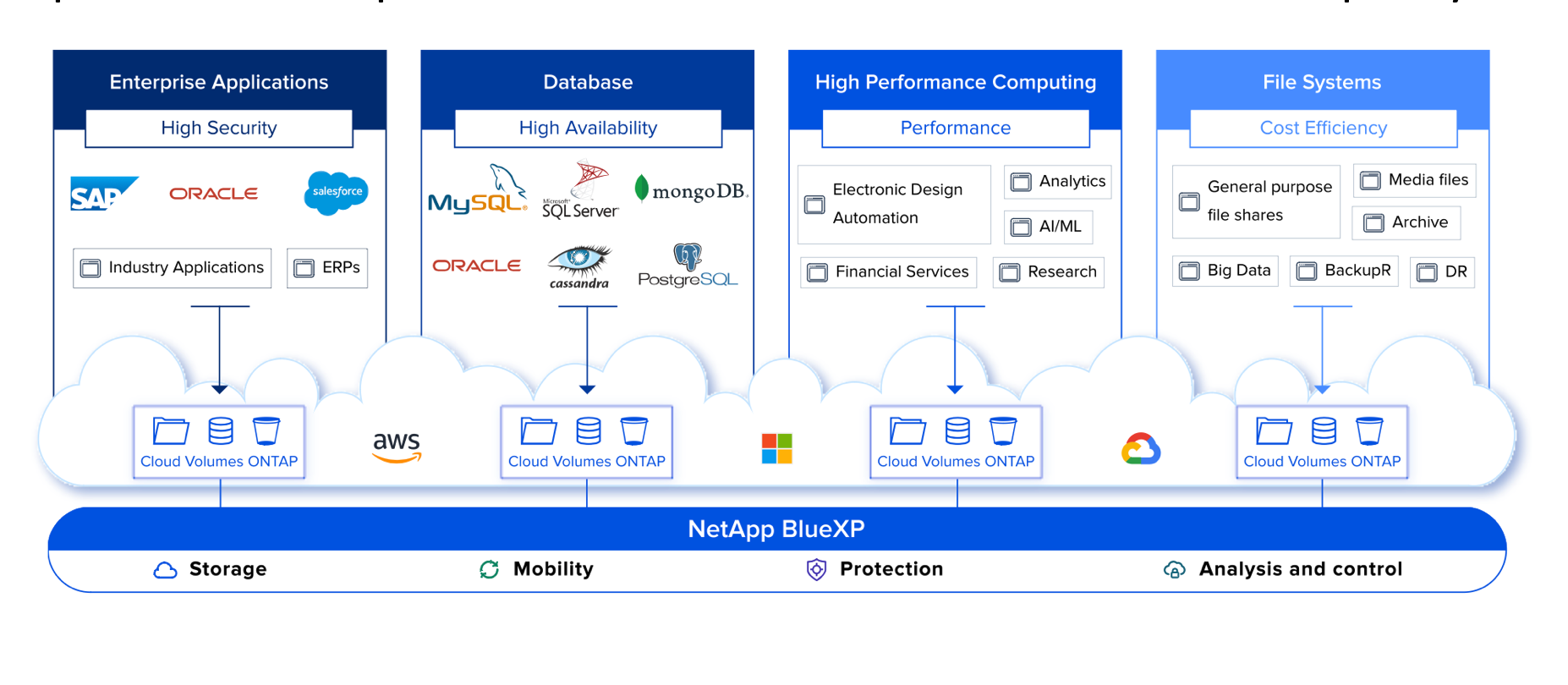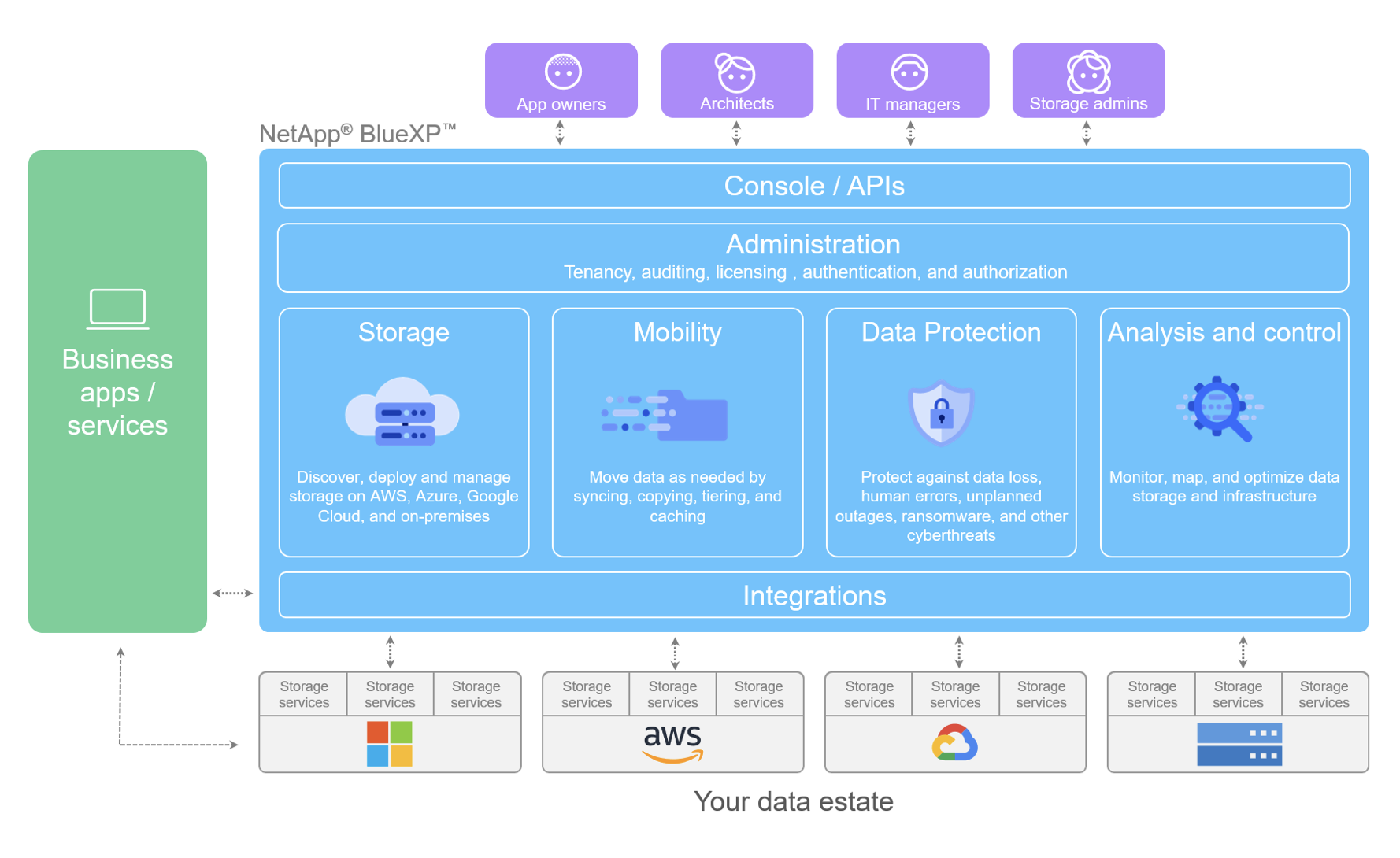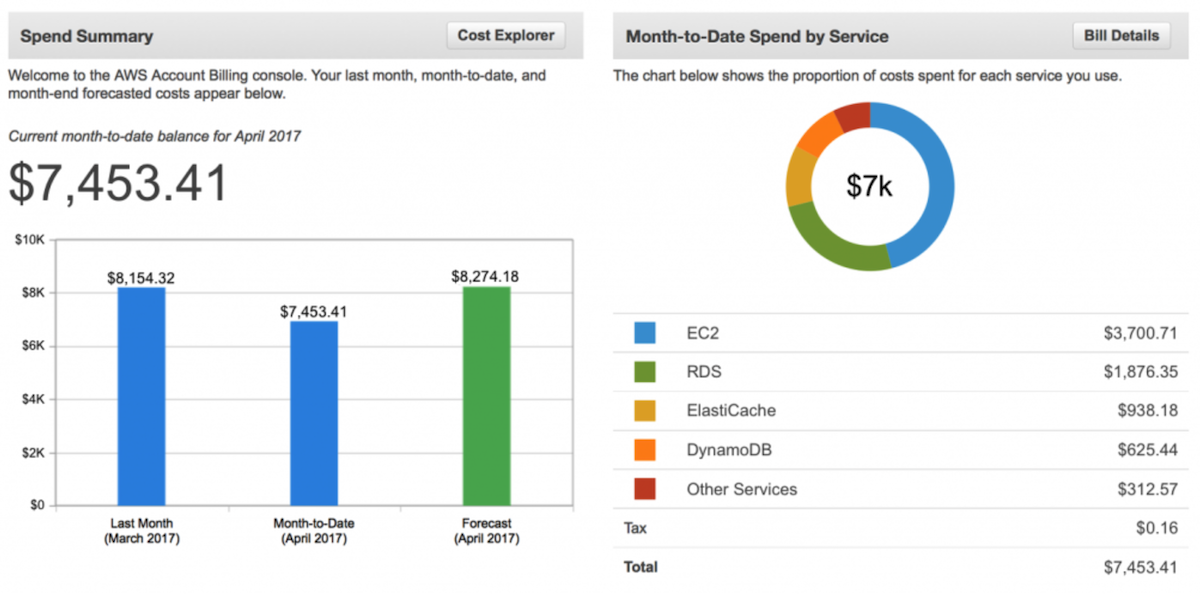Although most of the attention at NetApp’s “Data Driven” event yesterday in Boulder, CO was focused on the new HCI offering, my interest was aroused by a different announcement: NetApp is now powering an enterprise-class storage offering integrated with Microsoft Azure. In the long run, this move into the cloud might well prove more important than even a solid entrant in the hot hyperconverged infrastructure market.
There was quite a bit to unpack about the NetApp-in-Azure announcement, but here’s my current understanding: As Microsoft is selling Azure to their many enterprise customers, they saw a need for a first-class NFS storage offering. Although Windows Server includes NFS, enterprise storage is about a lot more than a protocol. Customers need the data management capabilities they’re used to with their existing enterprise storage arrays, especially snapshots and data replication between sites. Microsoft has put in a lot of work in these areas, especially for their own SMB protocol and Storage Spaces technology, but NetApp is obviously way ahead, having started down this path 25 years ago.
So NetApp is creating a special storage offering inside Azure. Although it appears to be based on the proven ONTAP software base, this isn’t just ONTAP Cloud, running as a virtual appliance in Azure. Rather this is a truly integrated Azure component, “Powered By NetApp” but billed through Microsoft like any other service. I imagine NetApp has arranged to share this revenue, but that will be invisible to customers. Put simply, Azure customers get enterprise-class storage and that’s all they need to know.
I’m sure NetApp was only too happy to commit to bring their proven technology into Azure. After all, this is a natural extension of their existing market into the cloud. And once a customer is using this NetApp-powered service in Azure, they’re going to be more open to connecting it with the NetApp “Data Fabric”, from ONTAP Cloud, AltaVault backups, and Private Storage in Azure to on-premises NetApp products. This is, after all, what the Data Fabric is all about. It’s just good business to have NetApp everywhere a customer’s data might need to be.
Although this NetApp-powered Azure storage offering is NFS-only to start, I imagine NetApp will be eager to expand the service to include SMB and greater integration with other ONTAP-powered storage offerings. Until they do that, one has to wonder how much traction an NFS-only offering will get. The ability to ship data into Azure will be compelling, as will be the broad set of Linux-based compute solutions in Azure. But multi-protocol service would be reassuring.
Similarly, one wonders if we will see a corresponding offering inside Amazon Web Services or Google’s cloud at some point. NetApp has been friendly with many service providers, and customers would welcome this offering. But this will require substantial engineering in addition to good business relationships. Regardless, NetApp was wise to work with Microsoft first, since Azure is where the enterprise customers are today.
Because of this new development, we have invited NetApp to be part of Cloud Field Day in July. This will give our panel of cloud experts a chance to look more deeply into NetApp’s cloud offerings, and I imagine this Azure solution will be a focus. Follow Tech Field Day for more details!






[…] up is NetApp Heads Into Microsoft’s Azure Cloud, wherein I discuss my impressions of an overlooked announcement at the recent NetApp Analysts Day […]
[…] However there may be something more NetApp is up to with Microsoft. Stephen Foskett, Tech Field Day chief shepherd unpacked a recent announcement and had some more inside info. […]